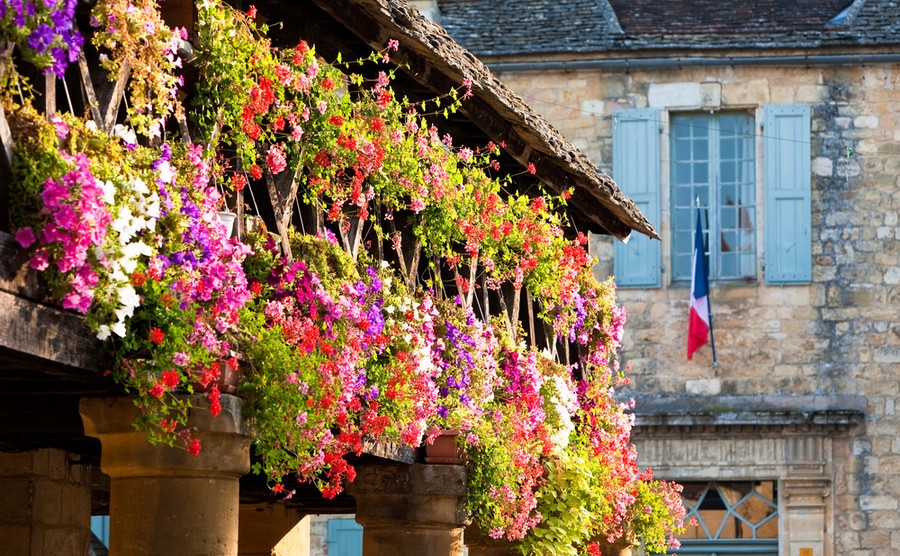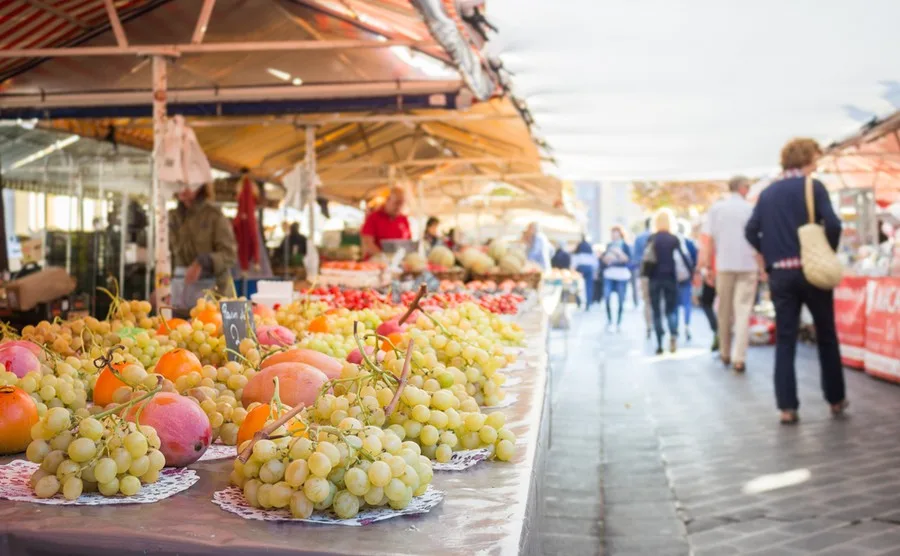In the UK, you may have little idea about what happens in your town hall, the purpose it serves and what to use it for. However, in France the town hall or ‘Mairie’ can be one of your first ports of call. Often the centre of town or village life in France, there are usually countless reasons to visit your local Mairie. Our writer in France, Beth, explains what it’s used for and why it can be extremely helpful when settling in.
Find out how to finance a purchase in France with your free France ‘How to Pay for It’ Guide.
What should I use the Mairie for?
Town Halls in the UK are usually a base for both the Mayor and the city or town council. Whilst some of us have seen the local Mayor at events and visited the town hall to participate in a debate about a local issue/concern (or even to catch our favourite band or comedian), others may never have set foot in one. In larger towns and cities in France, this may still apply.
But in smaller villages and communes, your town hall is an important and integral part of life. The remit of your local Mairie may be more far reaching than you could imagine! It is often not only courteous, but in fact prudent to check out any rules or regulations with them in advance. Many an unsuspecting newcomer has been caught out by not considering that there may be small courtesies to consider in advance of ploughing on with that list of jobs! Either way, it’s also a very good opportunity to introduce yourself and integrate into your new community, so as the French say, “profitez!”.

In smaller villages and communes, your town hall is an important and integral part of life.
Property
For people buying property in France, one of the first reasons to visit your local Mairie involves building projects or renovations. You can renovate in whatever fashion you like internally within your own property. However, building projects that in any way change the outside require planning permission and acceptance through your Mairie. In some communes, even the colour you may paint your shutters is dictated by this office. They can also inform you of rules and regulations regarding the hours when you can undertake noisy building work or gardening jobs.
When you move in, if your first job is to hack down the jungle in your back garden, beware! Before dumping everything in a large pile and pouring on the accelerant, you should check if you are allowed to do this. If you are allowed, you may need a permit or licence to do so. It is always prudent to seek advice on such things beforehand, rather than finding out through your neighbour’s dissatisfaction.
Local information and contacts
In smaller communes, the Maire (Mayor) is often someone who has grown up in the local area. To that end, their knowledge and network can be invaluable. Do you want need someone with a tractor to do something in the garden? Do you have a much-feared Asian hornet nest in your property? Your local Mairie is a good first port of call for these things. They can also advise on local services, such as rubbish collections days and so on.
Similarly, if you have an unoccupied property bordering yours which is causing issues, go and seek their counsel. Maybe the garden is not being cleared or the grass verges in your road have become overgrown and dangerous, for example. If you encounter any problems arising between your property and your neighbours, your Mairie can help.
Why not spread the cost and buy with family? Read our guide, Buying with Family.

Your Mairie can also advise on local services.
Any dispute between you and your neighbours/people in the village should be quietly discussed at your local Mairie before jumping straight down the “gendarmes” route. My most important piece of advice would be that when you first move into a village, any potential disputes should be handled with care. You should be careful that the first person you fall out with is not someone of high standing within the community. The quickest way to verify this is a quick word with your Mairie (unless of course that specific neighbour that you’ve fallen out with happens to be the Mayor!).
Local services and amenities
In the same way that local councils undertake decisions at town halls in the UK, so does the council of your local Mairie in France. Monthly meetings are held to discuss satisfaction/issues with services such as water, electricity and connectivity services. Any queries with regards to services should be directed to them. If, for example you have heard rumours about an imminent local fibre roll-out, they should be the first people to know the facts and timescales involved.
In the same way that local councils undertake decisions at town halls in the UK, so does the council of your local Mairie in France.
Social Events
Outside every Mairie in France is a notice board informing the community of anything of local interest. This includes anything from active planning permission requests to local groups and activities. If you’re looking for a walking group or have a specific interest you want to pursue, it is worth asking your local Mairie about this.
Each council also has a board of volunteers who, in conjunction with the municipal council and Mayor, make up the “Comite de Fete”. This group is tasked with creating and planning village events. These include local brocantes (bric a brac markets) and annual community events which generally involve eating, drinking and merry camaraderie. Anyone can volunteer to become part of this committee and it is indeed a fabulous way to not only integrate into your community but get to know the locals.

Anyone can volunteer to become part of your “Comite de Fete”.
Civil Status
And finally, your local Mairie can change your life! Every Maire in France is authorised to perform marriages. These can be held either at the Mairie or any other communal building within the confines of your particular commune. You may live in a small community where you have come to know the Mayor well. So, the person from whom you have already gained so much invaluable advice could also, in fact, be your friend who ends up ordaining your marriage!











